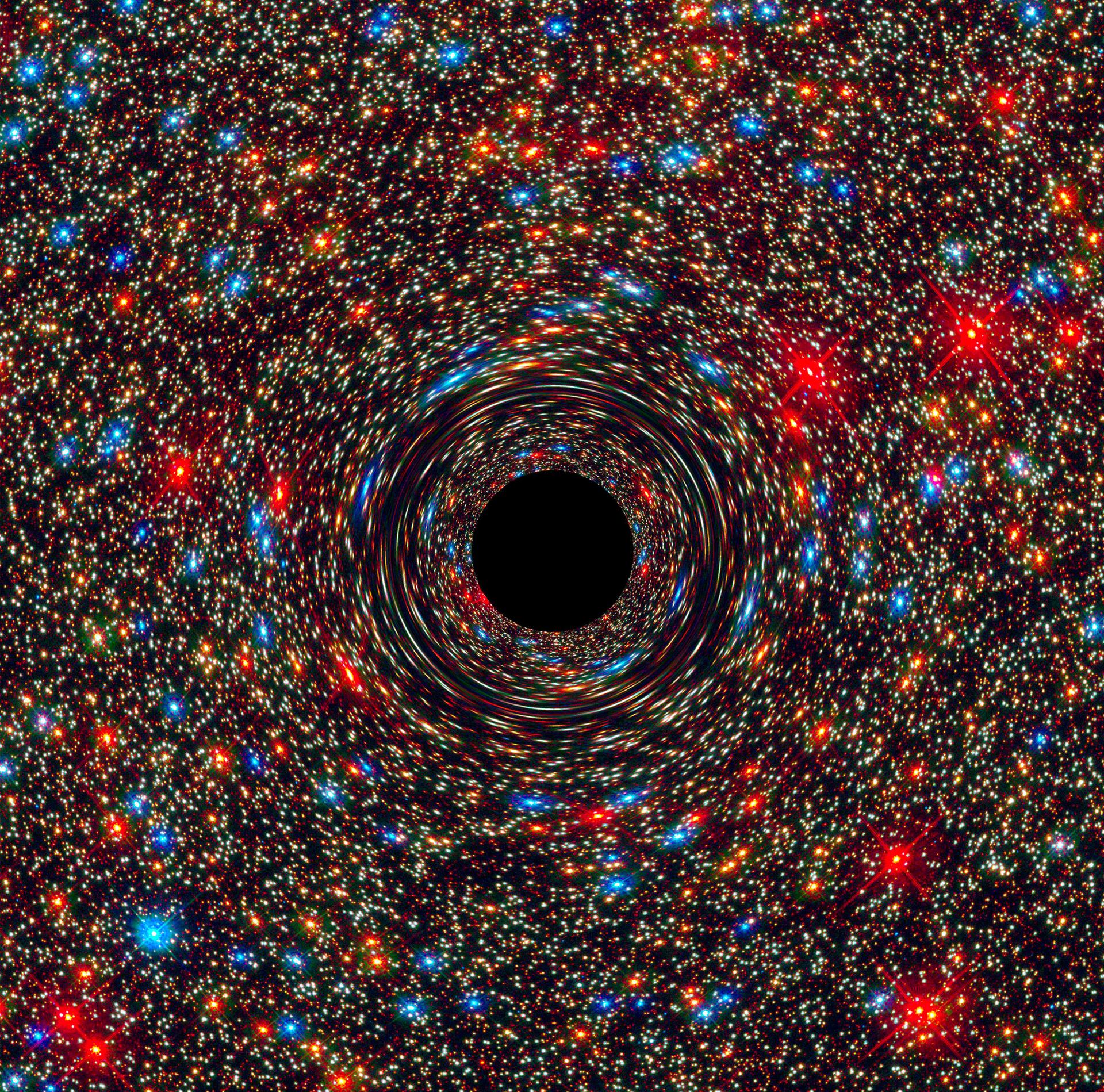Scientists holding mysterious event to announce ‘groundbreaking’ discovery about our galaxy
Though they gave few details, the announcement could relate to black holes

Your support helps us to tell the story
From reproductive rights to climate change to Big Tech, The Independent is on the ground when the story is developing. Whether it's investigating the financials of Elon Musk's pro-Trump PAC or producing our latest documentary, 'The A Word', which shines a light on the American women fighting for reproductive rights, we know how important it is to parse out the facts from the messaging.
At such a critical moment in US history, we need reporters on the ground. Your donation allows us to keep sending journalists to speak to both sides of the story.
The Independent is trusted by Americans across the entire political spectrum. And unlike many other quality news outlets, we choose not to lock Americans out of our reporting and analysis with paywalls. We believe quality journalism should be available to everyone, paid for by those who can afford it.
Your support makes all the difference.Astronomers have some news to share about the galaxy we call home, but they’re keeping a tight lid on it until the reveal scheduled for Thursday.
In a 28 April announcement, astronomers of the European Southern Observatory (Eso) and the Event Horizon Telescope project teased an event announcing “groundbreaking Milky Way results” from the telescope project. The event will be held in person at 2pm GMT, 9am EDT, at the Eso headquarters in Garching bei München, Germany, as well as streamed on the Eso websiteand Youtube channel.
The announcement was scant on details but, based on past work of the involved organizations, Thursday’s reveal could have to do with the supermassive black hole at the center of our Milky Way galaxy.
The Eso is an international organization made up of more than a dozen member states and operates powerful telescopes viewing the sky from the southern hemisphere in Chile, including the Very Large Telescope. The Very Large Telescope has directly imaged exoplanets and shed light on the shape of the whirling disks of matter falling into supermassive black holes.
The Event Horizon Telescope project is a global network of radio telescopes working together to study black holes, particularly the supermassive black holes at the centers of the distant galaxy Messier 87 and our own Milky Way galaxy.
In 2019, the project produced the first image of a black hole — M87* — a black circle wreathed in fiery orange and compared, in popular culture, to the Eye of Sauron from the Lord of the Rings movies.
The circular shadow of the black hole also provided further confirmation of Einstein’s General Theory of Relativity, which predicts a circular shadow.
Join our commenting forum
Join thought-provoking conversations, follow other Independent readers and see their replies
Comments